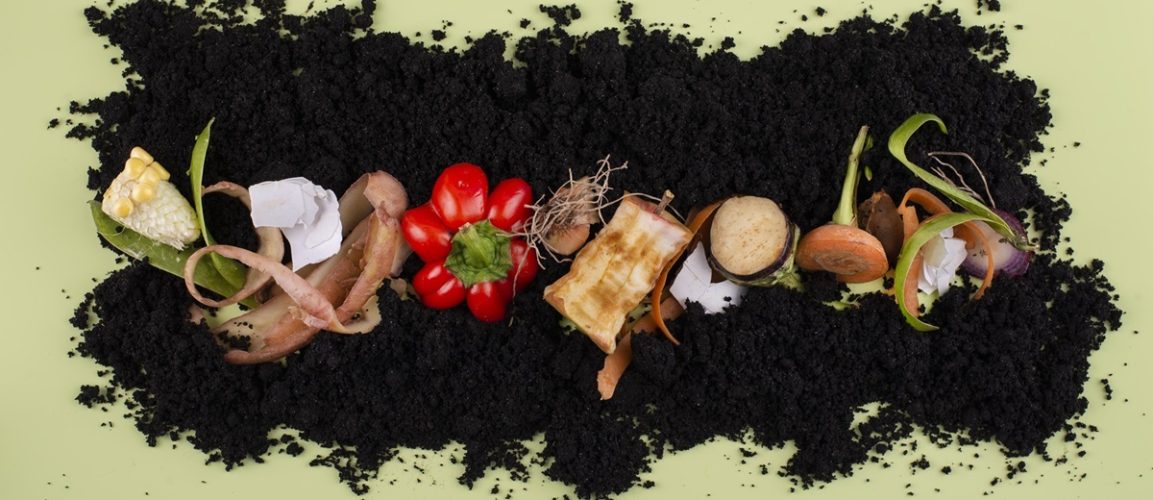What is Compost and What are the Benefits of Compost?

Importance of Compost
Composting is the process of decomposing organic wastes that will be wasted by microorganisms in a humid and oxygenated environment and turning them into organic fertilizer with high nutritional value that is beneficial to the soil. Thanks to composting, the environmental damage of the wastes accumulated in nature is minimized and turned into a substance that improves the structure of the soil. You can also make use of organic wastes in your home balcony or garden and make them beneficial to the environment.
5 Benefits of Compost
1-Waste Utilization: Composting enables biodegradable wastes that will cause pollution and carbon emissions to be transformed into a useful resource for nature through natural processes. In this way, the amount of waste going to garbage collection facilities is minimized. Composting of household waste reduces the burden on landfills and reduces methane gas emissions.
2-Productive Soil: Compost improves the structure of the soil by accelerating the soilisation process. Thanks to its slow release, compost allows the soil to breathe and increases the amount of organic matter in barren and nutrient-poor soils. Unlike chemical fertilizers, compost provides the soil with the nitrogen, phosphorus, potassium and other micronutrients it needs in a balanced way. This ensures that plants grow healthy and strong.
3-Reduces the Risk of Erosion: Thanks to the valuable nutrients provided by the compost to the soil, the moisture retention rate of the soil increases. Soil mixed with compost prevents erosion by absorbing groundwater. 1 kilo of soil can hold half a liter of water. Increasing the water holding capacity of the soil ensures that plants can reach enough water even in dry periods.
4-Organizes the Soil Structure: Compost converts harmful substances and heavy metals into a form that cannot be taken by plants. It rehabilitates the structure of soils contaminated by groundwater. It also regulates the pH level of the soil and brings acidic or alkaline soils to a neutral level. This accelerates the development of plants on the soil. Maintaining the pH balance of the soil allows plants to get better nutrients.
5-Increases Microorganism Activity: Compost provides beneficial microorganisms to the soil. These microorganisms increase the biological activity of the soil, allowing plants to feed better. Microorganisms also improve soil aeration and water holding capacity. Soil biodiversity is important for the healthy growth of plants.
Composting is an important step for sustainable agriculture and gardening. By composting your organic waste, you can both contribute to the environment and make the soil efficient. Home composting plays an important role in waste management and raises environmental awareness. In addition, composting helps protect ecosystems by reducing the use of chemical fertilizers.
Composting Devices within the Concept of Zero Waste
Composters provide an ideal environment for microorganisms with minimal energy consumption and enable fast composting. These devices offer practical solutions for the management of organic waste, especially in city life. Thanks to composting devices, you can utilize organic waste produced at home or at work and contribute to a sustainable lifestyle.
You can discover composters designed for large-scale use by clicking here and reach your zero waste targets. By both protecting nature and increasing the productivity of the soil, you can leave a cleaner and greener world for the future.




